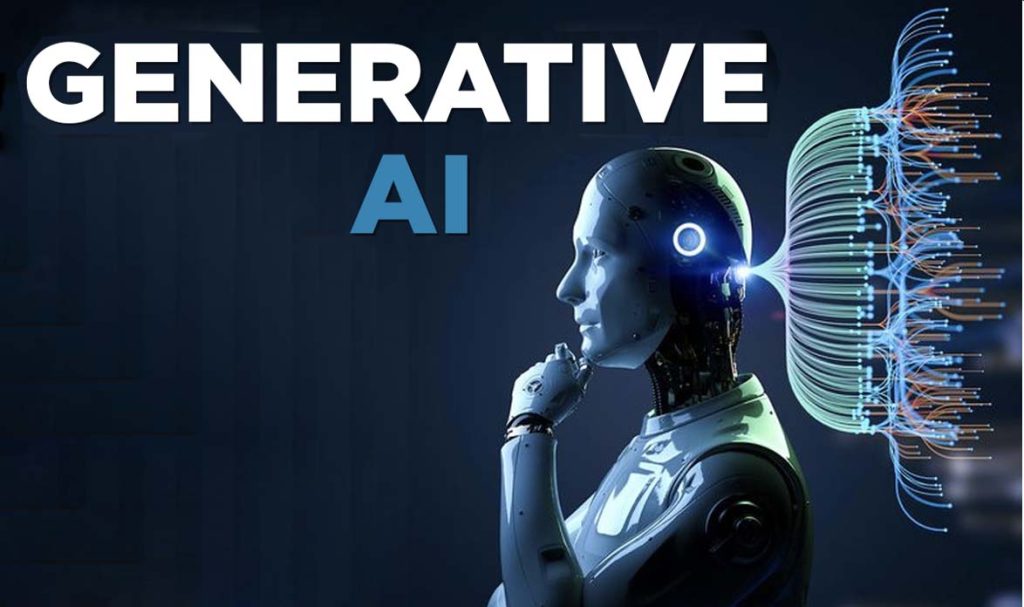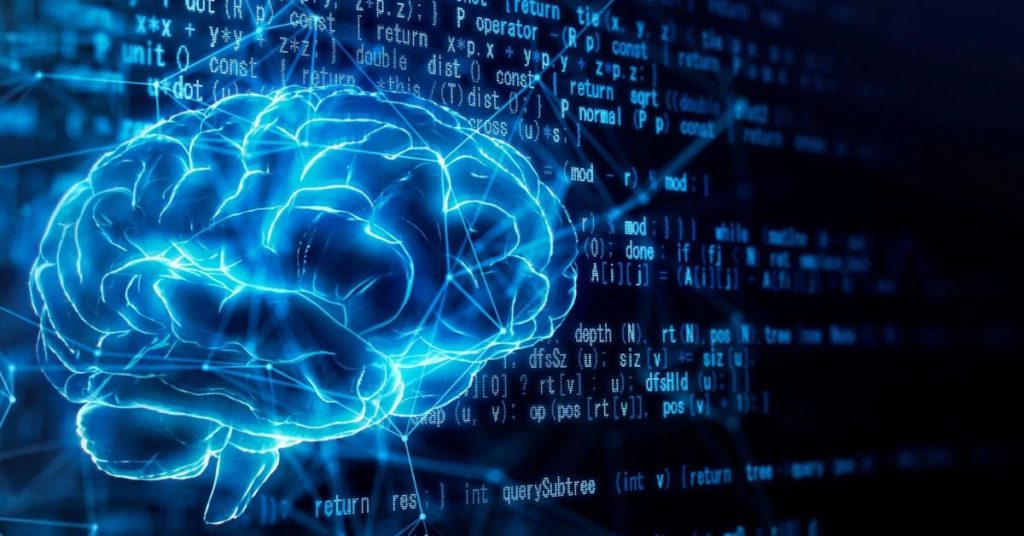
Exploring Generative AI: Implications for Industry Experts
Generative Artificial Intelligence (Generative AI) represents a groundbreaking advance in artificial intelligence, transcending traditional data analysis and pattern recognition. Utilizing advanced algorithms and neural network architectures, Generative AI uniquely generates novel content, from images and text to intricate data structures and functional code. This technology unlocks new creative and innovative avenues while posing distinct challenges and ethical dilemmas that must be carefully navigated.
Understanding Generative AI Mechanisms
At the heart of Generative AI are sophisticated models and algorithms, each offering unique features and applications:
Generative Adversarial Networks (GANs): GANs employ a dynamic between two neural networks—the generator and the discriminator—that iteratively create and evaluate content. This method excels in producing high-fidelity images and videos, pushing content creation to new heights.
Variational Autoencoders (VAEs): VAEs capture and encode the fundamental distribution of data, enabling the generation of new data points that mirror the original dataset's properties. This is particularly useful in fields like drug discovery, where exploring vast data spaces is crucial.
Transformer Models: Transformer models have revolutionized natural language processing by generating coherent and contextually relevant text. Their versatility extends to other domains, such as image generation, demonstrating their broad applicability.
Industry Applications and Innovations
Generative AI's applications span various industries, driving transformation and fostering innovation:
Creative Arts and Media: Generative AI is redefining creativity by composing music, writing stories, and creating art, challenging traditional notions of artistic expression and the role of AI in the creative process.
Design and Architecture: Architects and designers leverage Generative AI to explore innovative design possibilities, crafting novel structures and forms that blend imagination with functionality.
Synthetic Data for AI Training: Generative AI addresses data scarcity and privacy issues by producing synthetic data, essential for training AI models where real data is limited or sensitive.

Addressing Challenges and Ethical Considerations
The rapid development of Generative AI brings forth significant challenges, particularly regarding ethics and societal impact:
Deepfakes and Misinformation: The ability to create realistic images, videos, and audio recordings raises concerns about deepfakes and misinformation. Developing detection methods and legal frameworks to prevent misuse is critical.
Ethical Use and Bias Mitigation: Ethical deployment of Generative AI requires addressing biases in training data and models. Ensuring transparency, fairness, and accountability is vital to maintaining trust in AI applications.
Sustainability: Training large AI models has a considerable environmental impact. Optimizing computational efficiency and adopting sustainable practices are essential to reduce the carbon footprint of Generative AI technologies.
Shaping the Future: Ethical Frameworks and Sustainable Innovation
The future trajectory of Generative AI will be influenced by ongoing research, ethical considerations, and governance frameworks that promote responsible use. Collaboration among technologists, ethicists, policymakers, and the public is crucial for ensuring that Generative AI enhances human creativity and problem-solving capabilities while mitigating potential harms.
Cross-disciplinary Collaboration: Encouraging dialogue and collaboration across various fields will lead to holistic approaches in Generative AI development, integrating ethical, social, and technical considerations.
Advancements in AI Safety and Security: As Generative AI evolves, so must the mechanisms ensuring its safety and security. Research into robust, explainable, and transparent AI models will be pivotal in building trust and facilitating ethical AI use.
Conclusion
Generative Artificial Intelligence opens a frontier of innovation, creativity, and problem-solving across diverse domains. The AI community must collectively ensure these technologies are developed and deployed with ethical integrity, transparency, and a commitment to societal well-being. By embracing the challenges and opportunities of Generative AI, we can harness its power to shape a future that epitomizes the best of human and machine collaboration.
Comments (0)